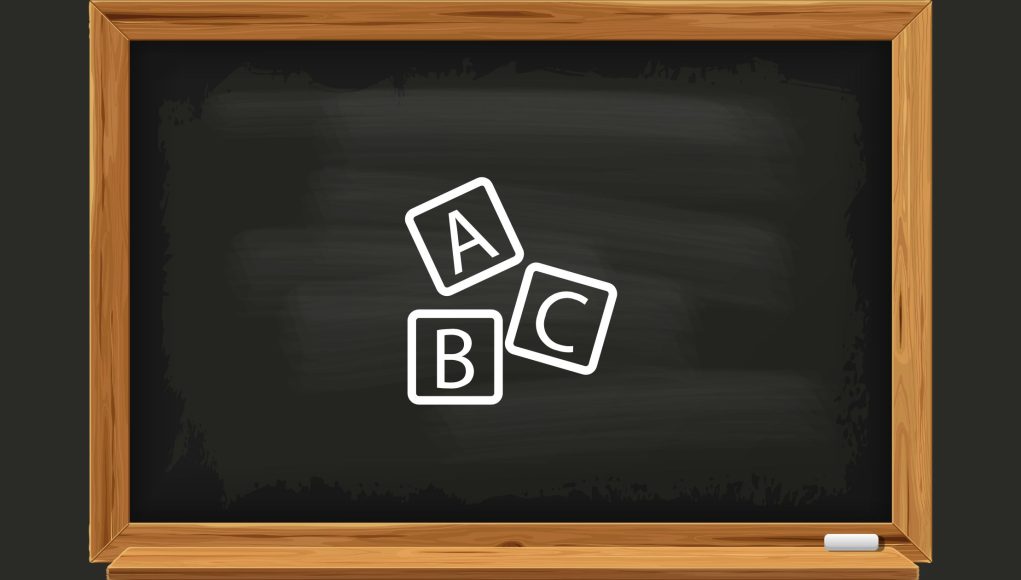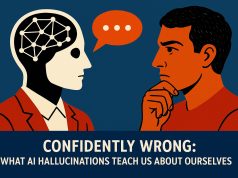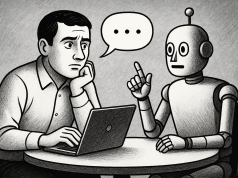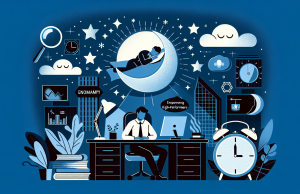In a world where change is the only constant, the ability to learn is the ultimate competitive advantage. Yet, despite an explosion of knowledge, courses, and self-improvement frameworks, most people remain stuck in outdated learning paradigms—mistaking information absorption for real growth.
True learning isn’t about how much you know; it’s about how well you evolve. It’s about adapting to new challenges, becoming your best self, and collaborating with others to create something greater than yourself.
This is where the ABC of Learning comes in:
- A is for Adaptability – Because the pace of change will never slow down.
- B is for Becoming – Because learning is about who you are becoming, not just what you know.
- C is for Collaboration – Because intelligence is amplified through shared learning.
Let’s go deeper into why these three pillars define the future of learning.
A: Adaptability – The First Rule of Learning
If learning were a sport, adaptability would be the ability to switch between games at a moment’s notice. The rules change, the field shifts, and new players emerge—yet the adaptable learner doesn’t resist change; they embrace it.
Why Adaptability is the Key to Learning
- The Half-Life of Knowledge is Shrinking A degree used to last a lifetime. Now, most technical knowledge becomes outdated in five years or less. The World Economic Forum predicts that half of all employees will need significant reskilling by 2025. What’s the only way to keep up? Adaptability.
- Rigid Learners Get Left Behind The downfall of many professionals isn’t a lack of intelligence, but an inability to unlearn and relearn. History is full of companies and individuals who clung to outdated knowledge—Kodak, Blockbuster, Nokia. Their downfall wasn’t lack of innovation; it was an inability to pivot when needed.
- Adaptability is an Internal Skill, Not an External Reaction Most people think adaptability is about reacting to change. In reality, it’s about proactively seeking change. The best learners don’t wait for disruption—they anticipate it. They stay curious, experiment often, and pivot before the world forces them to.
B: Becoming – Learning is Not About What You Know, But Who You Become
If adaptability is about navigating change, becoming is about growth through learning. It’s the difference between collecting knowledge and letting that knowledge reshape who you are.
Why Learning is About Becoming
- Learning is a Journey, Not a Destination You don’t “arrive” at being knowledgeable. The best learners view themselves as a work in progress. They don’t ask, What do I know? but rather, How is what I’m learning changing me?
- Skills Without Identity Change Mean Nothing Anyone can learn to code, write, or speak a new language. But if your mindset doesn’t evolve alongside your skills, your learning won’t translate into impact. The best learners don’t just accumulate knowledge—they internalize it until it transforms their decision-making and identity.
- Growth Requires Discomfort Becoming a better version of yourself means being uncomfortable. You have to challenge old beliefs, question assumptions, and risk failure. The best learners aren’t those who avoid discomfort—they seek it.
“We are what we repeatedly do. Excellence, then, is not an act, but a habit.” – Aristotle
The best learners aren’t just consuming knowledge. They’re becoming something greater through it.
C: Collaboration – Learning is Amplified Through Others
Learning in isolation is like trying to start a fire with a single match. It works for a while, but it burns out quickly. The best learning happens in collaboration with others—where knowledge is challenged, refined, and expanded through diverse perspectives.
Why Collaboration is Essential for Learning
- The Best Ideas Are Born in Networks Look at any breakthrough in science, business, or art. Behind every genius, there was a group of collaborators pushing, questioning, and refining ideas. Learning alone can take you far, but learning with others takes you further.
- Teaching is the Ultimate Learning Tool The best way to solidify knowledge is to share it. Explaining concepts to others forces you to clarify your understanding and identify gaps in your own thinking. That’s why the best learners don’t hoard knowledge—they spread it.
- Collaboration Prepares You for the Real World No major success happens in isolation. Whether in business, science, or personal development, those who collaborate outperform those who don’t. Learning alongside others not only accelerates growth but also teaches invaluable skills like communication, empathy, and adaptability.
“If you want to go fast, go alone. If you want to go far, go together.” – African Proverb
The Future of Learning: Adapt, Become, and Collaborate
The most successful learners don’t just memorize information. They adapt to change, become more capable versions of themselves, and collaborate with others to amplify knowledge.
If you want to thrive in an era of rapid change, ask yourself:
- Am I adaptable? Do I seek out change and challenge myself to unlearn old ways?
- Am I becoming better? Is my learning shaping who I am, not just what I know?
- Am I collaborating? Am I engaging with others, exchanging ideas, and refining my knowledge through shared learning?
The future of learning isn’t about collecting knowledge—it’s about using it to evolve.
So, as you embark on your learning journey, remember: Adapt, Become, and Collaborate—because that’s how real growth happens. 🚀
What’s your strongest learning trait? Let’s discuss! 👇




























